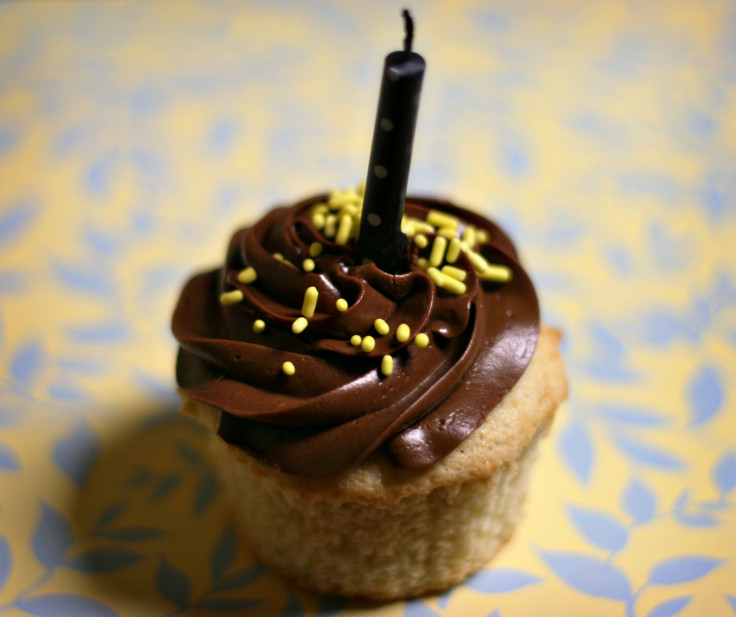Singing ‘Happy Birthday’ Can Enhance Cake’s Flavor: How Rituals Before Consumption Improve Experience

A simple ritualistic act before a meal can have tangible, mouth-watering effects for when it comes time to dig in. According to a study from the University of Minnesota, saying grace, singing "Happy Birthday," or the entirely too time-consuming process of cutting the cake, can enhance the flavor of the ensuing meal.
When you share a meal with someone — especially if you're hungry — the first inclination is often to attack the food with everything you've got. However, researchers argue that delaying the meal's gratification through the use of a ritual can generate anticipation of that first bite and then provide relief afterwards. Through the use of the ritual, a person becomes more involved with the eating process and ends up enjoying consumption more.
The team ran four experiments to test their theory of enhanced consumption enjoyment through rituals.
The first experiment tested people's reaction to eating bars of chocolate with and without performing a small ritual beforehand. The ritual group was instructed to break the bar in half before unwrapping anything; then once they finished unwrapping and eating the first half, they were allowed to do the same with the second. The other group had no instructions on how to eat the chocolate.
The first group reported savoring the chocolate more, rated it higher, and were actually willing to pay more for the chocolate than the second group.
Lead researcher Kathleen Vohs said this type of ritualistic behavior — simply opening candy in a specific manner — suggests special occasions and celebrations aren't the only settings where rituals make food taste better.
"Whenever I order an espresso I take a sugar packet and shake it, open the packet and pour a teeny bit of sugar in and then taste," Vohs said. "It's never enough sugar so I then pour about half of the packet in. The thing is this isn't a functional ritual - I should just skip right to pouring in half the packet."
And it isn't just sweets whose taste enhances after a ritual. The researchers tested the same effect on people eating vegetables and saw similar results: eating carrots after performing a set of rituals and delaying consumption built anticipation in the subject. The carrots ended up tasting better and the person enjoyed the experience more overall.
Rituals do not work in all cases, however. The crux of Vohs' study came in their third study, where people watched someone else mixing a pitcher of lemonade. In theory, the act of preparing the lemonade would be ritualistic enough. But that wasn't the case. The team found no direct benefit of watching someone else mix the lemonade, suggesting user participation is key.
The researchers called this component of their study "intrinsic interest" — people need to feel involved with the ritual in order to personally experience an improvement.
The future for such studies is bright, the researchers noted. While eating cake and chocolate is nice, it's mostly inconsequential to know that rituals improve food's taste. What's more important are the larger impacts of rituals improving experience through anticipation. For this more basic theory, the possibilities extend in countless meaningful directions.
Vohs offered one possibility that has no relationship to food whatsoever.
"We are thinking of getting patients to perform rituals before a surgery," she said, "and then measuring their pain postoperatively and how fast they heal."



























